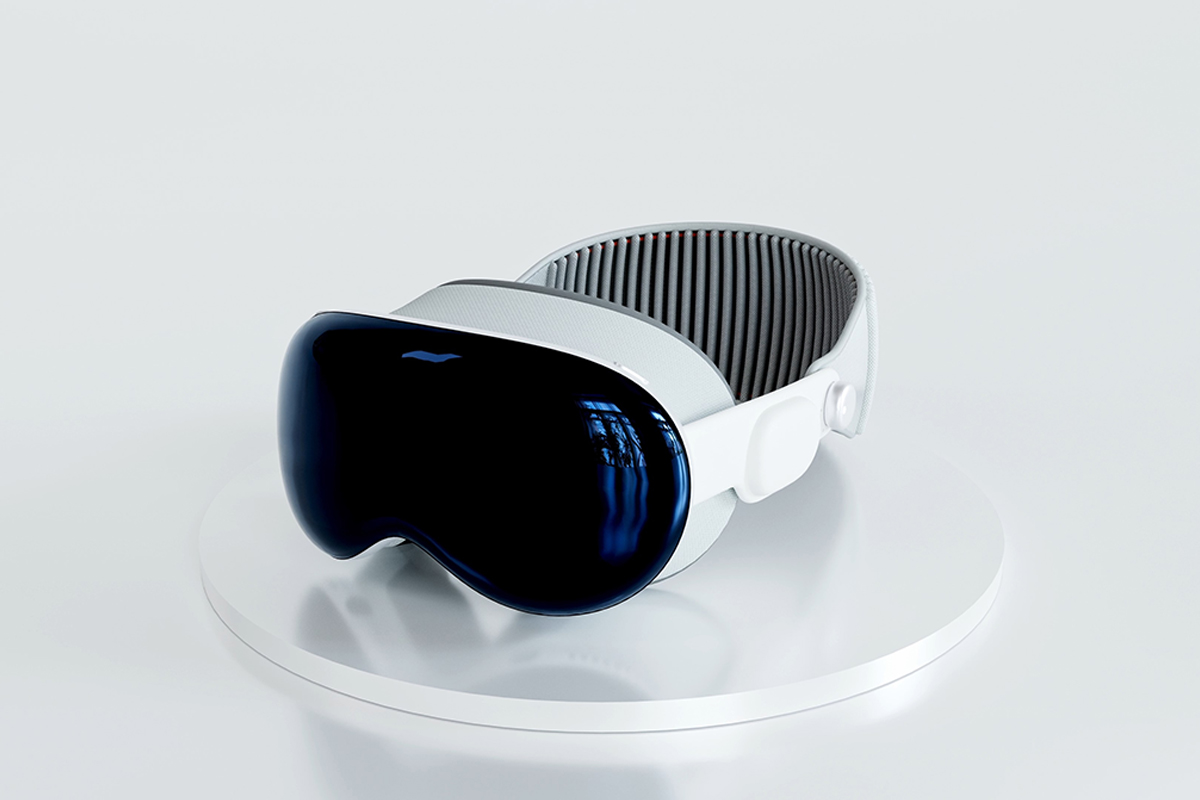Apple, renowned for its trailblazing technology, is poised to take a significant leap with its Vision Pro mixed reality headset by incorporating generative artificial intelligence (AI). This advancement is part of Apple’s wider initiative to rejuvenate its product offerings, with plans to unveil generative AI capabilities for the iPhone and iPad shortly.
Since its release, the Vision Pro has garnered attention in the tech world, though it has also been recognized as needing further enhancements. By integrating generative AI, Apple aims to boost the headset’s personalization and immersive qualities, potentially revolutionizing user experiences and broadening its appeal in professional settings such as education and healthcare.
Generative AI’s capacity to create detailed, contextually appropriate responses from basic inputs positions it perfectly to enhance the Vision Pro. Industry specialists anticipate that one of the primary improvements will be an advanced virtual assistant, effectively an upgraded Siri, capable of complex operations like real-time language translation, smart home device management via voice, and improved virtual collaboration tools for the workplace.
The application possibilities for businesses are immense. Apple’s latest earnings discussion revealed that a majority of the Fortune 100 companies have begun using the Vision Pro, exploring its potential to transform business practices, such as by providing holographic assistance for field service workers during machinery diagnosis and repair.
Despite a retail price of $3,499, the Vision Pro has faced adoption barriers, notably its small app ecosystem and dependency on an external battery pack. Nonetheless, the new generative AI features are expected to simplify content creation for developers of varying expertise, essential for drawing a wider audience. This technology is likely to ease the development of 3D models, immersive environments, and avatars, offering significant advantages particularly in education and gaming.
In the educational sector, instructors could swiftly produce VR content tailored to their teaching needs, sidestepping the usual hurdles of high costs and complex production processes. In gaming, AI could enhance virtual worlds with lifelike non-player characters, boosting the social dimension of VR platforms that often seem sparse.
The landscape of competition is also evolving, with giants like Google and Samsung incorporating AI into their products, and Meta reportedly considering a partnership with Microsoft to bring similar innovations to its Quest headset series. This indicates a general industry trend towards leveraging AI’s transformative potential.
Apple’s strategic focus seems set on making generative AI a foundational element of its ecosystem, from smartphones to headsets. Although the exact timeline for integrating AI into the Vision Pro is not yet clear, the industry consensus is that it’s only a matter of time before this technology profoundly alters the user experience.
As anticipation builds for Apple’s upcoming Worldwide Developers Conference in Cupertino, the tech world eagerly awaits potential announcements of new AI functionalities. These developments could redefine the capabilities of mixed reality devices, potentially positioning Apple not just to keep pace but to lead in this fast-evolving sector. The focus now shifts to how quickly Apple can deploy these advanced AI tools across its familiar product range.







